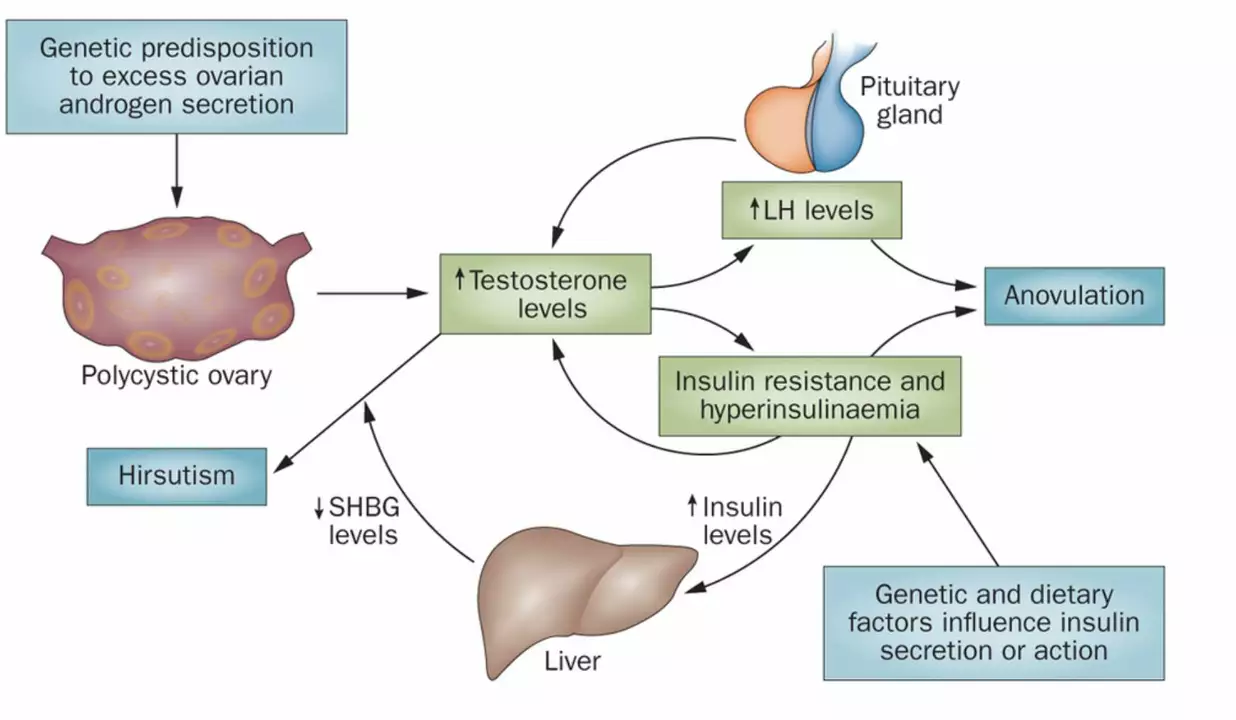Everything You Need to Know About Alfacalcidol
Alfacalcidol is a form of vitamin D that your body can use to keep calcium and phosphate levels balanced. It's often prescribed to people who have trouble absorbing vitamin D naturally, like those with kidney problems or certain bone disorders. Think of it as a helper that ensures your bones stay strong by managing minerals properly.
Unlike regular vitamin D, alfacalcidol doesn’t need to be activated by the kidneys, which makes it a handy option for folks with kidney issues. It helps increase calcium absorption from your gut and maintain healthy bone formation. If you've heard about it being used in osteoporosis treatment or for hypocalcemia (low calcium levels), that’s because it directly affects these important pathways.
How Alfacalcidol Helps Your Body
When calcium levels drop, alfacalcidol steps in to boost absorption in your intestines and helps get calcium from your bones when needed. This balance keeps your muscles working well and helps prevent bone disorders. Doctors usually recommend it for conditions where vitamin D metabolism is impaired, like certain kidney diseases or hypoparathyroidism.
One important thing to keep in mind: taking too much can cause high calcium levels, leading to side effects like nausea, weakness, or even kidney issues. That’s why it’s crucial to follow your doctor's instructions and have regular blood tests to check calcium and phosphate levels.
Using Alfacalcidol Safely
Before starting alfacalcidol, your healthcare provider will assess your calcium levels and kidney function. They’ll decide the right dose for you and monitor you closely. It’s best taken with meals to improve absorption. Also, avoid high-calcium supplements unless your doctor says otherwise.
Keep an eye on side effects like unusual tiredness, headaches, or stomach problems. Report these to your doctor so they can adjust your treatment if needed. Remember, alfacalcidol is a powerful medication, but with the right care, it supports your bone and mineral health effectively.
In short, alfacalcidol is a practical solution for those who can’t process regular vitamin D well. It keeps calcium in check, supports strong bones, and helps maintain your overall mineral balance. If you’re managing conditions linked to vitamin D deficiency or bone health, ask your healthcare provider if alfacalcidol could be right for you.
The Role of Alfacalcidol in Managing Polycystic Ovary Syndrome (PCOS)
In my recent research on Polycystic Ovary Syndrome (PCOS), I came across the fascinating role of Alfacalcidol in managing this condition. Alfacalcidol, a form of vitamin D, has been found to improve insulin resistance and hormonal imbalances in women with PCOS. This is crucial because both insulin resistance and hormonal imbalances contribute to the development of PCOS symptoms. Furthermore, Alfacalcidol may also help in reducing inflammation and promoting ovulation, which are essential for improving fertility in PCOS patients. Overall, incorporating Alfacalcidol into the treatment plan for PCOS could potentially lead to significant improvements in the lives of women suffering from this condition.

